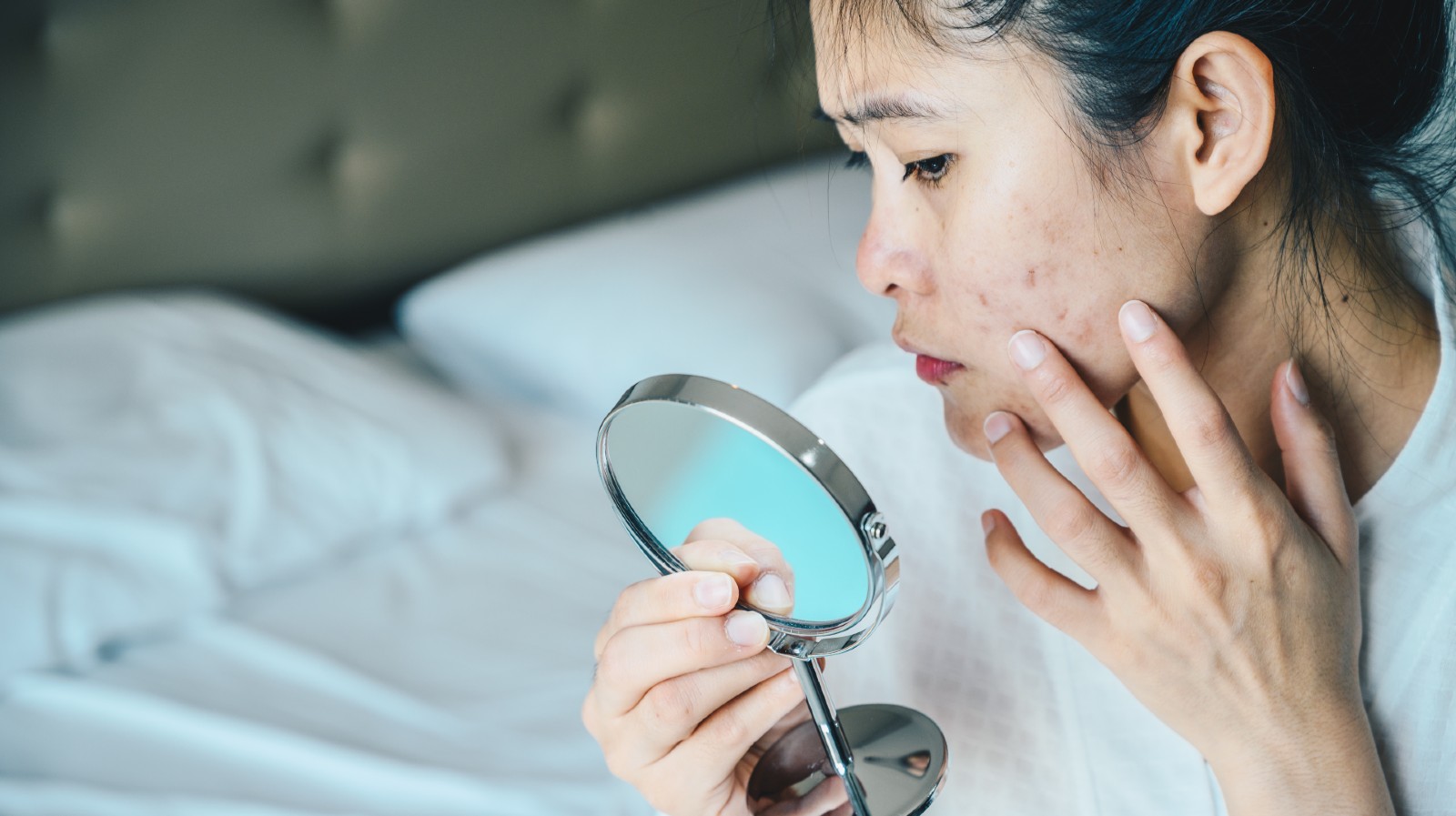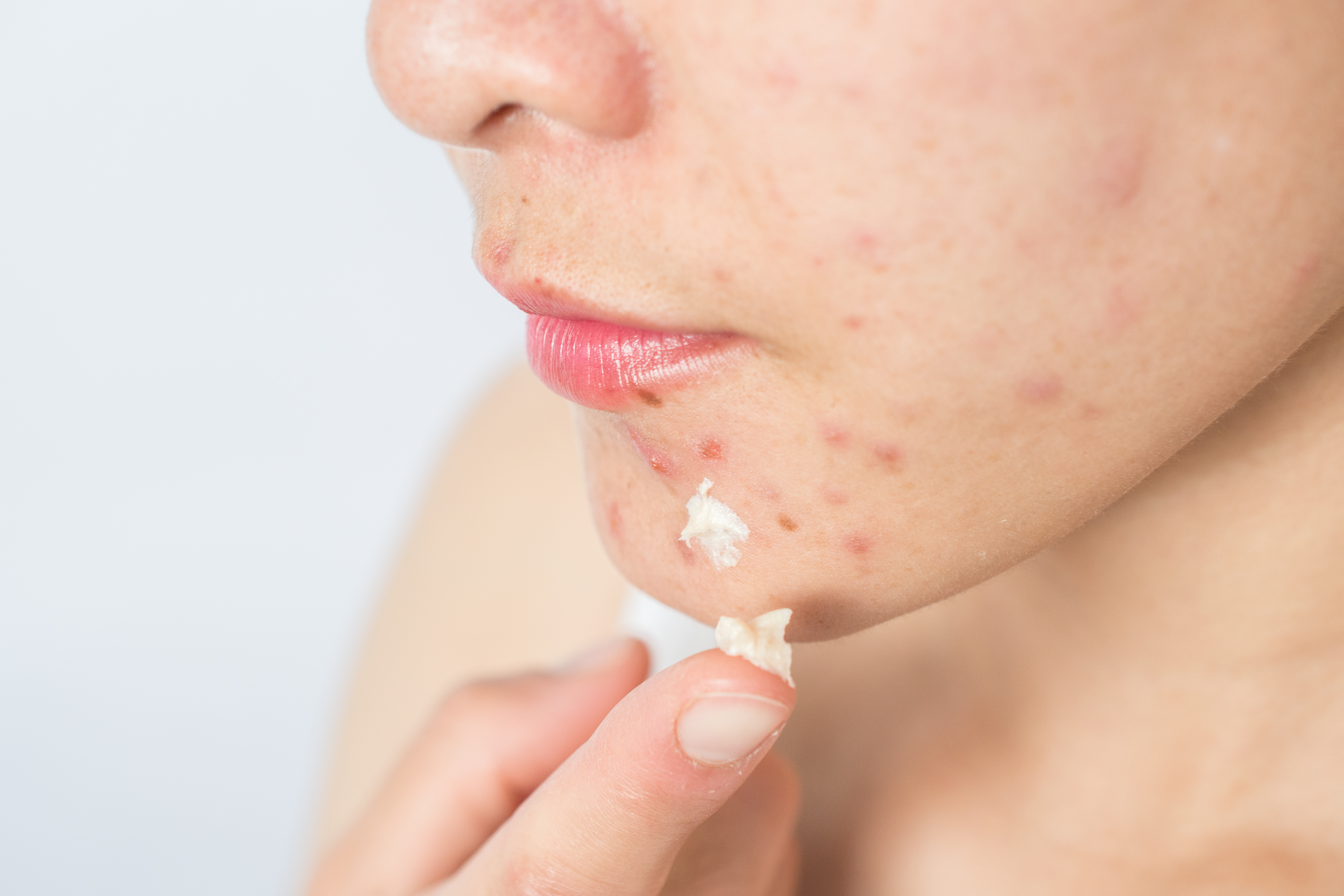Adult acne results in emotional ‘consequences’ for women, a new study finds
Researchers found telling results on the psychological impact acne takes on women


Most of us probably associate acne with adolescence, but according to a new study adult acne is common in women. Researchers took a look at the emotional and mental toll recurring acne has on women, and the results were telling.
Our beauty routine usually consists of what we find to be the best skincare products, but regardless of whether you use the best derma rollers or the best facial steamer to keep your skin clear, sometimes acne still pops up.
Acne can leave behind physical damage to your skin barrier through scarring, but a study published in JAMA Dermatology found that it also causes a “disruption to [women’s] personal and professional lives.” Some of the main mental health impacts included social anxiety, depression, and in severe cases, suicidal thoughts.
“It’s more common than we think and it can have diverse impacts on patients' lives,” said lead author of the study John Barbieri on the JAMA Dermatology podcast.

The study took a closer look at the mental health toll this takes through interviewing 50 women aged 18 to 40-years-old. Each participant ranged from moderate to severe acne and were asked open-ended questions regarding their acne. The results found that most of the women were concerned about their physical appearance with some either reaching for the best foundation to mask it or isolating themselves.
Around 85% of adolescents experience acne, but Barbieri explained that for 35% of women, acne can carry on into their 30s or even show up in adulthood. The misconception causes women to develop “fatigue” as Barbieri described, explaining patients believe it’s only an adolescent issue.
Thankfully, it’s not incurable but for women looking to soothe their skin there are different acne topicals and creams that can be used. As the study suggests though, it may take testing out different forms of acne medication to find the best one suited for your skin.
Sign up to our free daily email for the latest royal and entertainment news, interesting opinion, expert advice on styling and beauty trends, and no-nonsense guides to the health and wellness questions you want answered.
Though the results point out that there is a clear issue over the connection between acne and mental health, the study finds that more research is needed to “understand the optimal treatment approaches.”
Rylee is a U.S. news writer who previously worked for woman&home and My Imperfect Life covering lifestyle, celebrity, and fashion news. Before joining woman&home and My Imperfect Life, Rylee studied journalism at Hofstra University where she explored her interests in world politics and magazine writing. From there, she dabbled in freelance writing covering fashion and beauty e-commerce for outlets such as the TODAY show, American Spa Magazine, First for Women, and Woman’s World.
